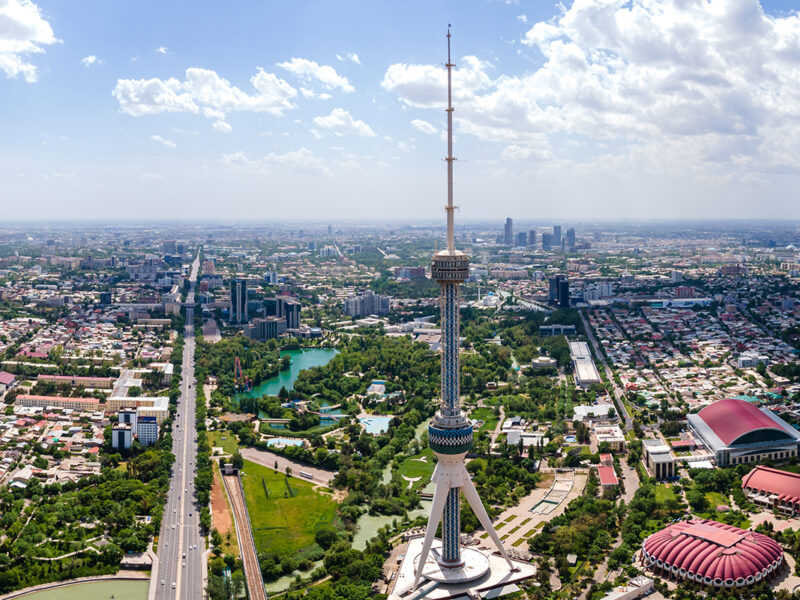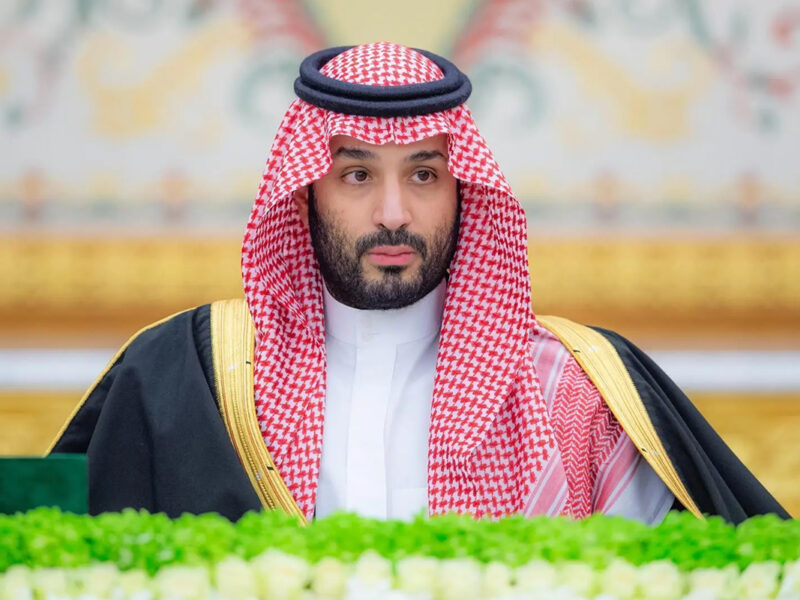The UAE and Saudi Arabia are slowly improving the gender gap in the workplace and society but the Middle East region continues to rank last globally, according to a new report.
The World Economic Forum’s Global Gender Gap Report 2018 said that despite progress in some areas, the Middle East and North Africa continues to rank last with a 60.2 percent gap closed so far, and with about 153 years to close the gender gap at the current rate of change.
The report said the UAE – which ranked 121st globally with a score of 64.2 percent – has seen improvements in gender parity in the legislators, senior officials and managers and healthy life expectancy indicators, but a widening and counterbalancing gap in wage equality.
It added that Saudi Arabia – ranked 141st with a score of 59 percent – has shown modest progress, with improvement on wage equality and women’s labour force participation, as well as a smaller gender gap in secondary and tertiary education.
Globally, the report said stagnation in the proportion of women in the workplace and women’s declining representation in politics, coupled with greater inequality in access to health and education, offset improvements in wage equality and the number of women in professional positions, leaving the global gender gap only slightly reduced in 2018.According to the report, the world has closed 68 percent of its gender gap, as measured across four key pillars – economic opportunity; political empowerment; educational attainment; and health and survival.At the current rate of change, the data suggest that it will take 108 years to close the overall gender gap and 202 years to bring about parity in the workplace.
Iceland topped the global ranking, followed by Norway, Sweden, Finland and Nicaragua. Rwanda, New Zealand, Philippines, Ireland and Namibia rounded out the top 10.Of the four pillars measured, only one – economic opportunity – narrowed its gender gap. This is largely due to a narrower income gap between men and women, which stands at nearly 51 percent in 2018, and the number of women in leadership roles, which stands at 34 percent globally.However, in the same economic pillar, data suggests that proportionately fewer women than men are participating in the workforce.The other three pillars – education, health and politics – saw their gender gaps widen in 2018.“The economies that will succeed in the Fourth Industrial Revolution will be those that are best able to harness all their available talent. Proactive measures that support gender parity and social inclusion and address historical imbalances are therefore essential for the health of the global economy as well as for the good of society as a whole,” said Klaus Schwab, founder and executive chairman of the World Economic Forum.









